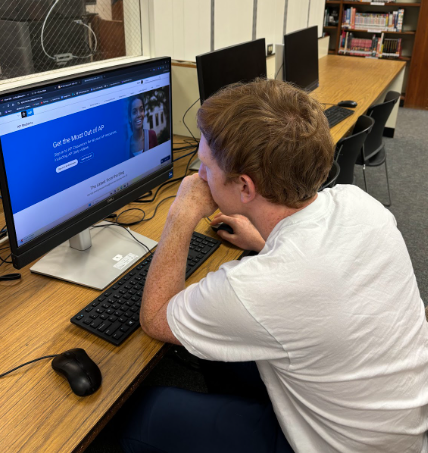Lucas Harward, staff writer
In recent years, a new trend has caught fire and captivated the adolescent population: coffee. Young people are currently the fastest growing population of coffee drinkers, and teens are drinking more coffee every year. In 2013, 13 percent of all visits to coffee shops were by consumers under 18 years of age. In 2002, 24 percent of 18 to 24 year olds drank coffee, but by 2010 that number had spiked to 37 percent.
Today, the numbers are even more staggering. In February of last year, it was estimated that 73 percent of American children consume some level of caffeine each day. Most children and teens still get their caffeine from soda; however, that number is dropping and the numbers behind coffee and energy drinks are on the rise.
With caffeine becoming more and more popular, we should understand how it affects the bodies of younger people. Caffeine stimulates the central nervous system to increase the energy levels of the people who consume it. This effect makes caffeine a fairly powerful, yet socially acceptable, drug. Caffeine gives students the energy boost they need to finish projects and work, and to study for tests late at night (or, in some cases, very early in the morning). It can also give students the energy they need to be alert during their early morning classes.
Caffeine is a staple for many Beverly students, who need the energy to focus on their studies.
“Since in my junior year, I’ve been drinking coffee almost every morning for school and every night to study,” senior Nina Parvizi said.
Some students just need caffeine to function during the day, let alone study.
“I drink coffee every once in a while when I’m really tired because it helps me wake up,” senior Daniel Cohen said.
Of course, caffeine must be consumed in moderation to maintain positive effects. A moderate amount of caffeine is around 100 milligrams per day. Getting much higher is unhealthy and can lead to caffeine addiction. Caffeine dependency can also lead to withdrawal symptoms like irritability, headaches, muscle aches and insomnia. This does not mean teenagers should stop drinking coffee, but it does mean they should be careful not reach a point of dependency. And no, coffee does not stunt your growth.
Coffee popularity increases among adolescents
January 20, 2015
0
Donate to Highlights
$125
$1000
Contributed
Our Goal
Your donation will support the student journalists of Beverly Hills High School. Your contribution will allow us to purchase equipment and cover our annual website hosting costs.
More to Discover





























